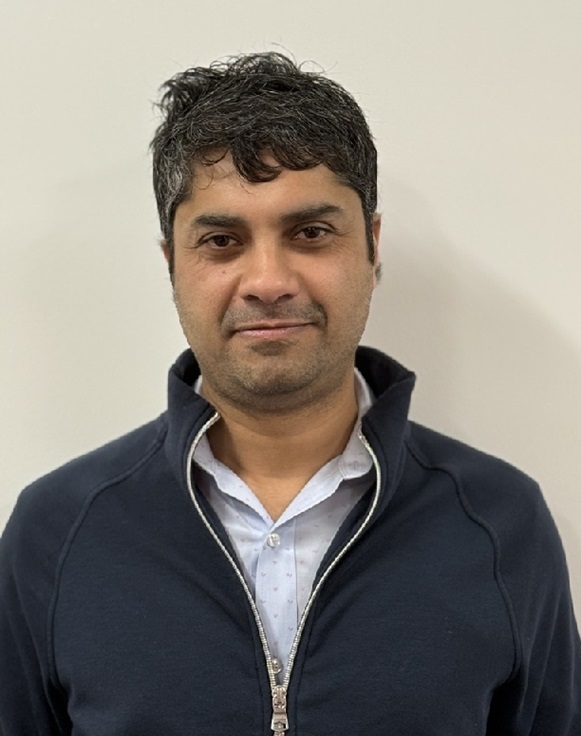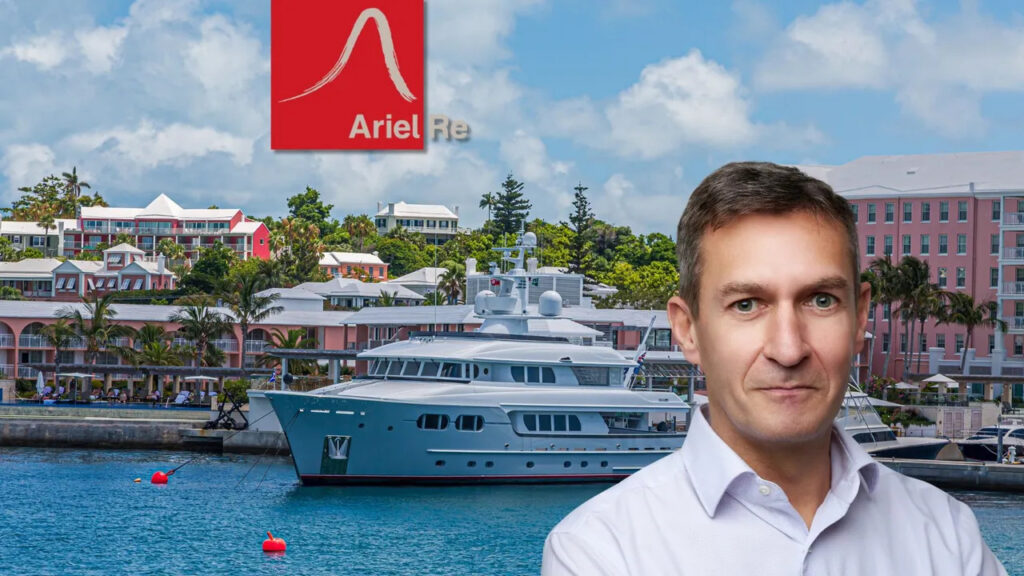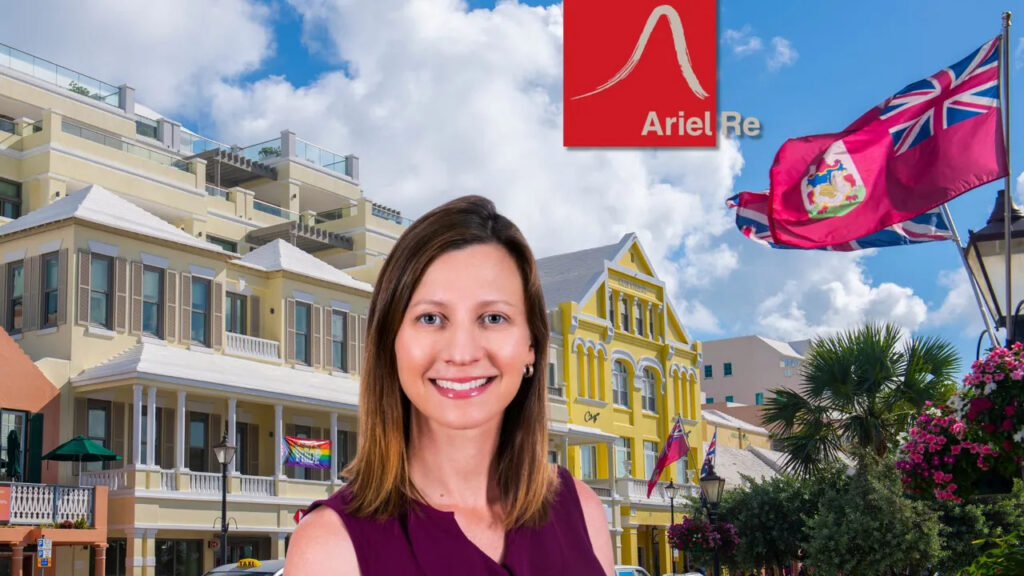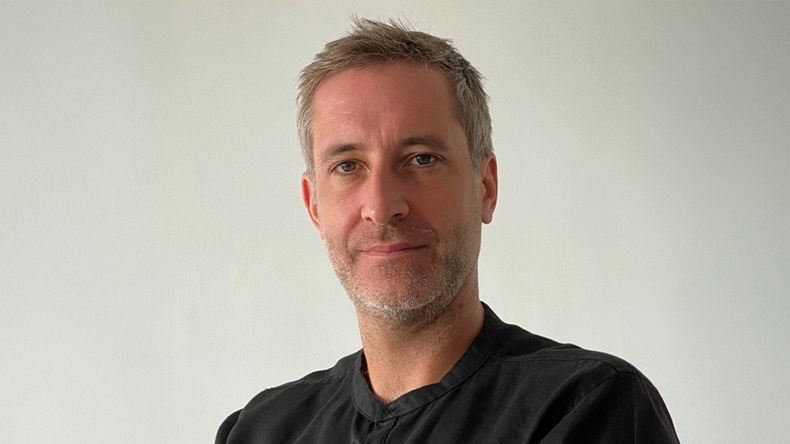
There remains a home for private equity within Ariel Re’s capital raising efforts, said its head of international property reinsurance, Joel Willens.
Willens (pictured, right) was speaking to GR about the capital flowing into the business. He said that the business was looking for the most-durable capital that it could find.
Willens said: “We love permanency. When you think of private equity in Silicon Valley, you may not think the duration exists to see that capital provider there for years.
“But there is a home for private equity at Ariel Re, because the capital required to fund an account at Lloyd’s actually evolves as the capital provider commits to second, third, and fourth years.
“It becomes more efficient the longer they support a syndicate at Lloyd’s.”
He added: “That’s why I don’t think opportunistic private equity is necessarily so short in duration under the right circumstances, especially if we deliver great returns.”
Tom Owens (pictured, left of Willens), property reinsurance underwriter at the firm, said that Ariel Re had raised £350m already in 2023, which it did through a private company with five investors.
He added: “We were one of the only reinsurers last year to report a sub-100 combined ratio. Our bread-and-butter is US-centric property cat. When we have Hurricane Ian, a $50bn event, making landfall in Florida, to report a sub-100 combined ratio for 2022 is impressive.”
Willens also spoke of the strength and efficiency advantages in operating out of the Lloyd’s market. He said that bulk of what they do is US property catastrophe, alongside four other lines. All of it, he said, is done through Lloyd’s.
He said: “We’re into this as an enterprise, and we feel that we can gain great efficiency from operating out of Lloyd’s. If the opposite were true and a Bermuda class-four rated reinsurer was more efficient, we would do business with them.
“The Lloyd’s enterprise gives us the most-efficient pathway. It also gives us access to licenses and business all over the world, and there’s extraordinary security for our counterparties.”
Property cat, Orton said, makes up the vast majority of its business. “If we were to get rid of the other four lines,” he said, “and put everything in property cat, the increase in deployment of capital would be very, very small.”





